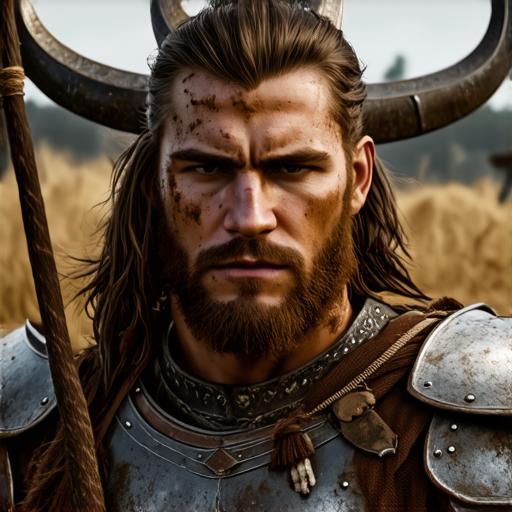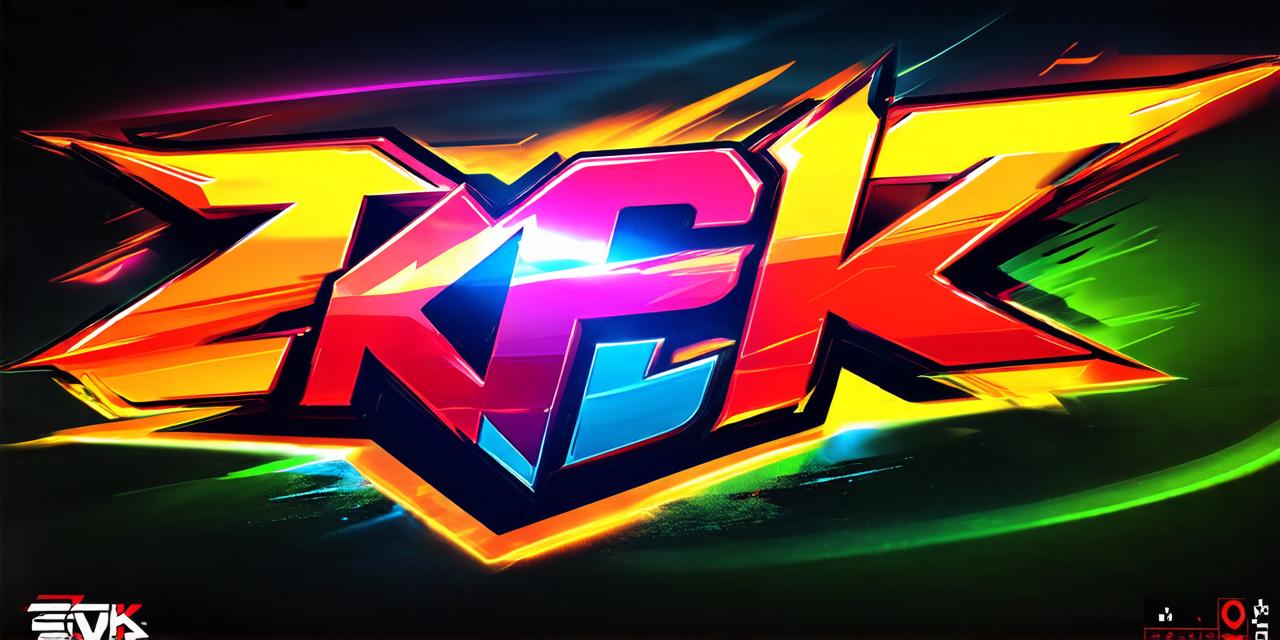Understanding Who Owns Android Games
In the bustling world of Android gaming, the question “Who does this game belong to?” is often shrouded in mystery. Today, we’re peeling back the layers to reveal the intriguing stories behind some of your favorite titles.
The Rise and Fall of Independent Developers
*Angry Birds*, a feathered phenomenon, was born from the minds of two Finnish brothers. Their story underscores the power of independent development in the Android gaming landscape. However, as giants like Google Play Store loom larger, indie developers face challenges maintaining their independence.
The Titans: Google and Epic Games
Google’s Play Store dominates the Android market, hosting a plethora of games. Yet, it’s not just a platform; it’s a gatekeeper. On the other hand, Epic Games, with its Unreal Engine, powers many popular Android games, including Fortnite. Their influence is undeniable, yet their role in game ownership remains complex.
The Indie-Publishers: A New Breed
Indie publishers like Humble Bundle and itch.io have emerged as a bridge between developers and players. They offer a platform for indie games, providing visibility and financial support. However, their role in game ownership is less clear, often acting more as facilitators than owners.
The Case of Free-to-Play Games
Games like *Candy Crush Saga* and *PUBG Mobile* are free to play but generate revenue through in-app purchases and ads. Who owns these games? The answer is often a complex web of publishers, developers, and investors.
The Role of Game Engines
Unity and Unreal Engine are ubiquitous in Android game development. While they don’t own the games per se, they play a crucial role in their creation. The choice between these engines can significantly impact a game’s success, making them de facto partners in ownership.
The Future: Decentralization and Blockchain
As we look to the future, decentralized platforms like Ethereum and blockchain technology could reshape game ownership. These technologies promise to give creators more control over their games, potentially democratizing the industry.
FAQs
1. Who owns popular Android games like Angry Birds or PUBG Mobile?
The ownership of popular Android games is often a complex web of publishers, developers, and investors.

2. What role do game engines like Unity and Unreal Engine play in game ownership?
While they don’t own the games per se, they play a crucial role in their creation, with the choice between these engines impacting a game’s success significantly.
3. How could blockchain technology affect game ownership in the future?
Decentralized platforms and blockchain technology could reshape game ownership by giving creators more control over their games, potentially democratizing the industry.
